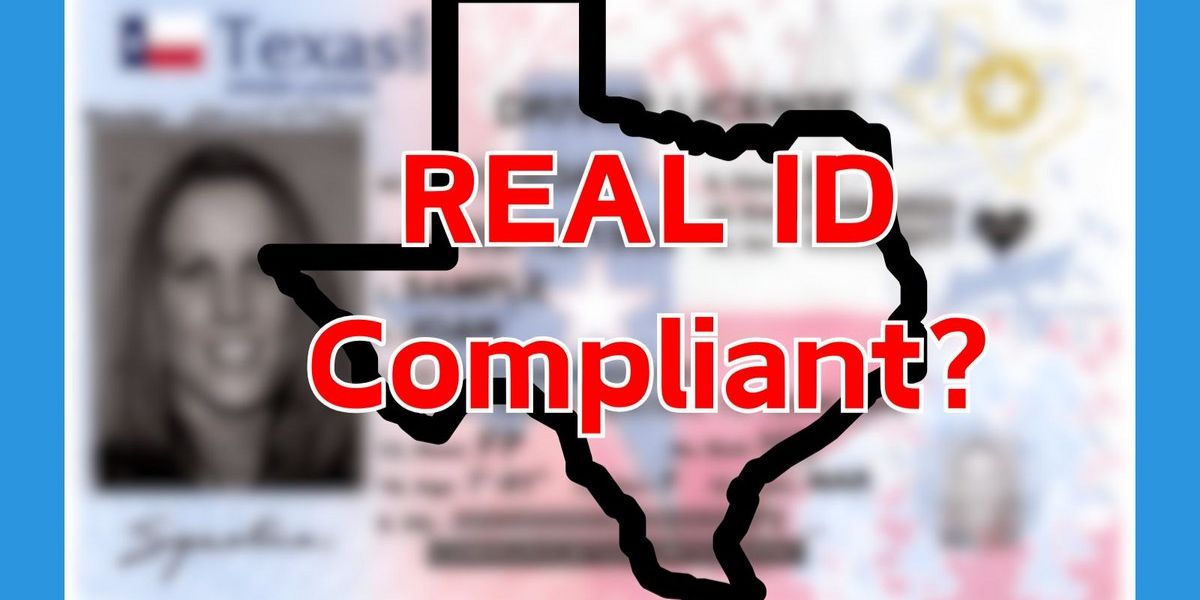All states are looking for different ways to innovate and get a little closer to this new technological world that is opening up before us. Now it’s Idaho’s turn, which also wants to modernize how it issues physical documents, now aiming to issue electronic versions of its driver’s licenses. Just like other states have done (practically more than half the country), this measure has just been approved by the State House of Representatives and could come into effect at the end of March if it ends up being approved by the Senate.
What does it mean to have a digital license?
It’s very simple: physical licenses will still exist and will still be mandatory, that is, they won’t be replaced. The bill proposes that Idaho citizens can choose to have an electronic version of their driver’s license (or ID card) stored on their mobile phone in the Wallet app (both for iOS and Google Wallet).
Even though it’s a step forward, drivers will still need to carry their physical license for situations where there may be problems with technology.
Isn’t so much technology counterproductive?
We know what you’re thinking, having everything on our phones makes us more exposed to hackers and to the possibility of our personal information ending up anywhere on the planet. But no, don’t worry, because these apps are encrypted from end to end, which means your information won’t leave your mobile phone.
But what if someone hacks our phone?
It was clear this point would spark the debate about the security and privacy of personal data. Representative Stephanie Mickelsen, who promoted the measure, defended her proposal firmly, insisting that licenses on mobile phones are much safer because they are transferred into a “vault” that protects each person’s personal data.
And what about people who don’t have access to technology?
It’s no secret that there are rural areas where technology barely reaches, or some of our elders who don’t know how to use technology well. For all of them, the technological transition is leaving them behind a bit, and they are becoming the great forgotten ones in this tech revolution.
Traffic evolution
The project proposed by Idaho is not new in the country, laws in the United States related to technology implementation are constantly changing. Some propose security cameras in the streets, others propose license suspensions, and citizens are not too happy about the idea of “losing freedoms” (especially regarding speed cameras and similar measures).
Adapt or die.
For many, this change could be a step toward convenience, for others, a real burden. But the truth is that forgetting your wallet at home will no longer be a problem if you carry your phone with you. However, as we said, people with fewer tech resources or more difficulties may be the ones who suffer the most. That’s why it’s important that, even though digitization is the future, no one gets left behind. Governments and authorities must ensure that evolution is inclusive and does not create new barriers where there were none before.
Idaho is very close to joining the rest of the states that already have the digital verification system. Who will be next?






